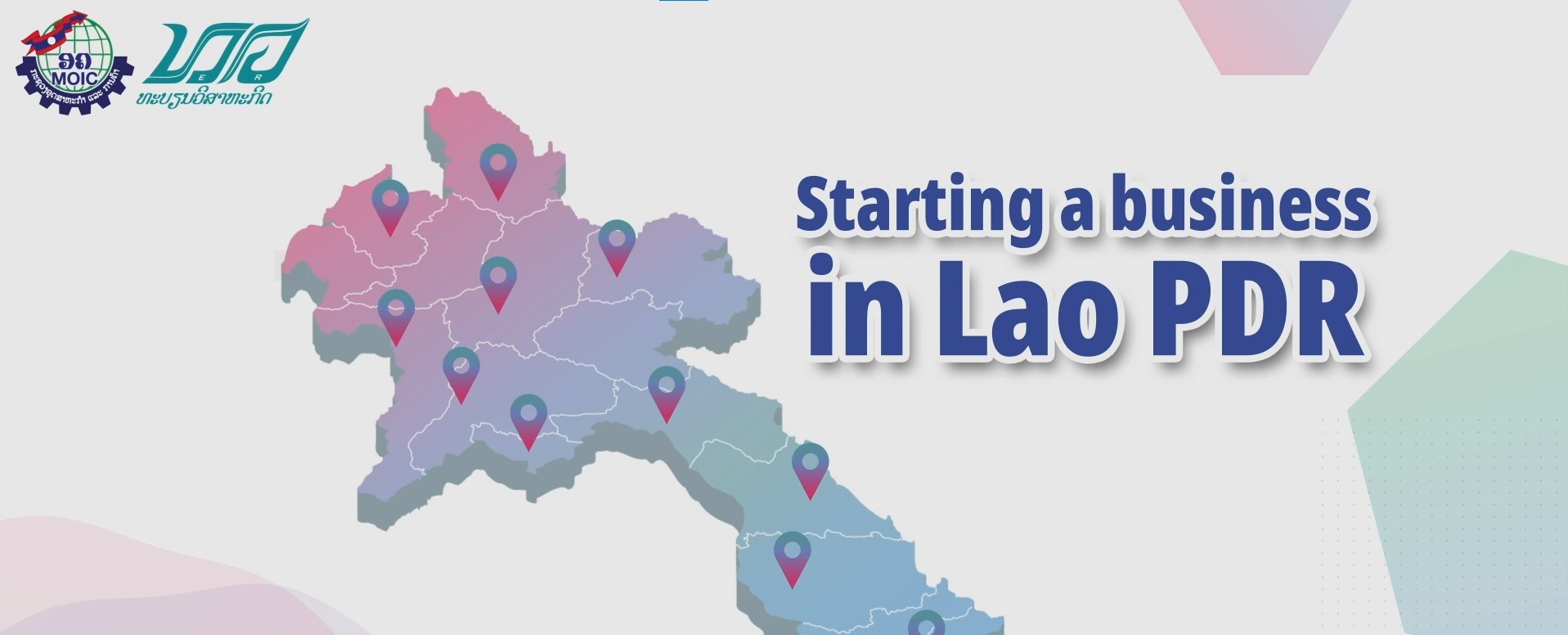Major Shift in Lao Enterprise Law: Workforce No Longer Counts as Registered Capital
10/17/20252 min read


The rules for setting up a business in the Lao PDR just got a lot stricter.
On September 9, 2025, the Ministry of Industry and Commerce (MOIC) issued Decision No. 2025 on Registered Capital Contribution. This new regulation introduces a significant, game-changing requirement that will immediately impact how new enterprises are established.
The Exclusion of "Workforce"
Under the previous Law on Enterprise, registered capital could be contributed in three ways:
Money (In Cash)
Assets/Property (In Kind)
Workforce
The new Decision has quietly but firmly removed one of these options.
Crucially, Decision No. 2025 only recognizes cash and assets/property as valid forms of registered capital. This effectively means that "workforce" contribution has been excluded, and founders can no longer use their future labor or skills as a non-monetary contribution to meet the capital requirements for establishing an enterprise in Laos.
This move signals a clear shift toward requiring more tangible and measurable capital from founders at the outset.
Cracking Down on "Loan-Based" Capital
The second major emphasis of the new Decision addresses a common and risky practice.
The MOIC is now explicitly requiring that all registered capital—whether in cash or in kind—must be the clear ownership of the shareholders.
The Decision specifically states that registered capital must not be derived from a loan taken out by the newly established enterprise itself.
Why the change? This is a direct move to close a loophole where some investors would apply to set up a company, use that company's new legal status to secure a loan, and then use the borrowed money to "contribute" to the registered capital. This practice created a weak and debt-laden capital structure from day one.
What Does This Mean for Investors?
Higher Entry Barrier: Startups and smaller enterprises must now have verifiable cash or physical assets to meet their capital requirements, potentially raising the entry barrier for entrepreneurs.
Focus on Tangible Assets: Investors must be prepared to show that their capital contributions (whether monetary or physical property) are legitimate and fully owned.
Stricter Due Diligence: Expect local authorities to exercise stricter scrutiny over the source of your registered capital during the business registration process.
If you are currently planning to establish an enterprise in the Lao PDR, it's essential to review your capital contribution plan immediately to ensure full compliance with the new MOIC Decision No. 2025.
Need Expert Guidance? Grandeur Law & Partner is Here to Help.
These significant changes from the MOIC mean that business registration in the Lao PDR is no longer straightforward. Setting up your enterprise now requires meticulous attention to capital structuring to ensure full compliance with the new Decision No. 2025.
If you're planning to establish a new company in Laos or need to ensure your existing enterprise is compliant with the latest regulations, don't leave your registration process to chance.
Grandeur Law & Partner is ready to assist. We specialize in corporate law and business establishment in the Lao PDR, ensuring your company structure meets every legal requirement from day one.
Contact us today to discuss your capital contribution plan and start your Lao enterprise establishment with confidence and compliance.
Photo Credit: LNCCI
